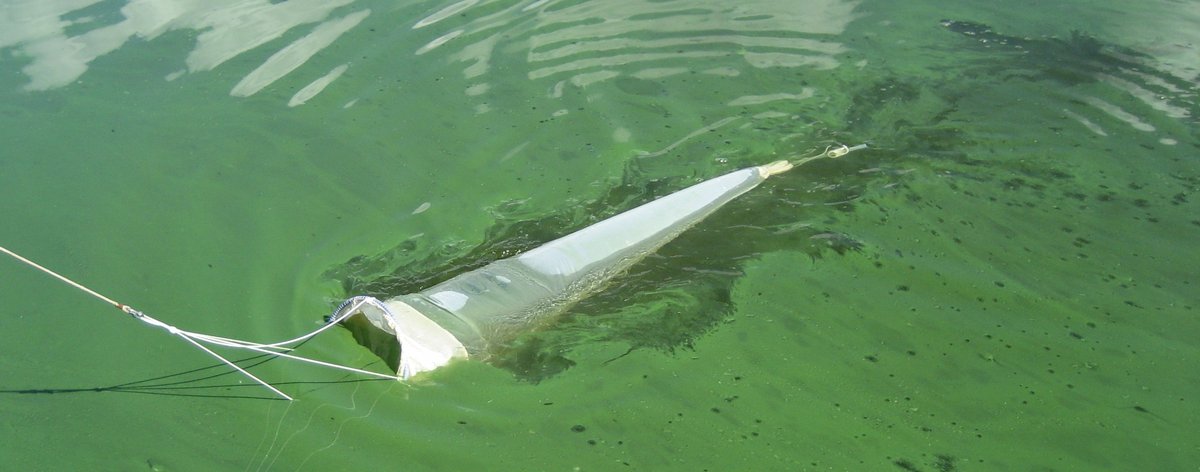In spite of large-scale investment, in 2015 more than 70% of Germany's inland waters will not achieve the ecological quality status stipulated by the EU Water Framework Directive. Previously, it was assumed that water quality is determined by phosphorus (P) and rehabilitation strategies were aimed at the reduction of P. However, nitrogen (N) is also a control parameter of algae biomass, and therefore also of water quality.
Compared to the reduction measures for P inputs, the cost of measures for the reduction of N inputs are estimated to be higher. Insufficient knowledge of the origins, turnover and effects of nitrogen means that the success of reduction measures cannot currently be estimated.
This is where the BMBF-funded interdisciplinary joint project "Nitrogen Limitation in Freshwaters - Does nitrogen reduction make sense ecologically and is it economically feasible?" (NITROLIMIT) comes in. It seeks to provide a sound scientific basis for assessing the effect of nitrogen on water quality and to develop recommendations based on this for sustainable water management.
Project Objectives
The overall objectives of NITROLIMIT are:
- To further define the ecological importance of nitrogen for water quality.
- To determine the inputs of nitrogen, its internal turnover in water and its discharges from water bodies.
- To evaluate the future development of water quality at reduced N concentrations with ecosystem models.
- To develop concepts for nutrient reduction.
- To further clarify costs, benefits and acceptability of nutrient reduction measures
NITROLIMIT is lead by the BTU Cottbus–Senftenberg (Department of Freshwater Conservation) and implemented in cooperation with
- the German Federal Institute of Hydrology in Koblenz,
- the Leibniz Institute of Freshwater Ecology and Inland Fisheries,
- the Berlin Centre of Competence for Water and
- the technical universities of TU Berlin and TU Dresden.
A large number of associated partners are supporting the research project, including
- the Berlin Senate Department for Urban Development and Environment,
- the Senate Department for Environment, Health and Consumer Protection of the Federal State of Brandenburg,
- the Ministry for Environment, Agriculture and Consumer Protection of Mecklenburg-Western Pomerania,
- the Nature Reserve Administration of Dahme - Heideseen and
- the Berliner Wasserbetriebe.
The duration of the project is 5 years in total, divided into 2 phases: NITROLIMIT I (2010-2013) and NITROLIMIT II (2014-2016).

